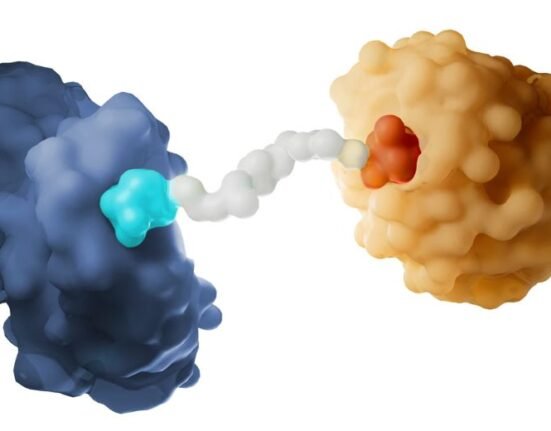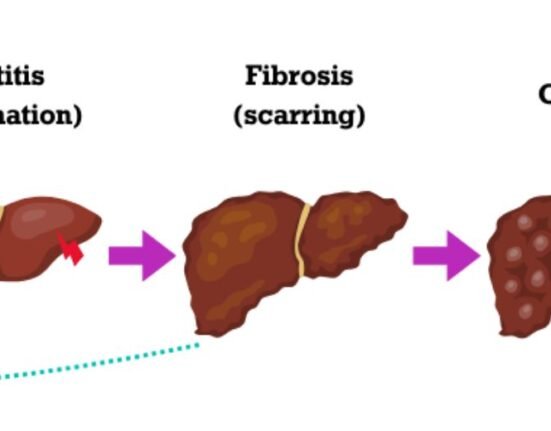HQ Team
January 23, 2025: Hyundai ADM Bio, a subsidiary of South Korea’s Hyundai Bioscience, unveiled an oral cancer drug that allows patients to make a shift from intravenous chemotherapy.
The OTX-M drug, developed from the injectable chemotherapy drug docetaxel, enhances the bioavailability of docetaxel by more than 1,600 times without relying on metabolic inhibitors such as P-gp inhibitors or ritonavir, according to a statement.
Bioavailability refers to the extent and rate at which the active drug enters the systemic circulation, thereby accessing the site of action. It is largely determined by the properties of the dosage form, which depend partly on its design and manufacture.
P-glycoprotein (P-gp) inhibitors are compounds that bind to P-gp, a protein that pumps chemotherapeutic drugs out of cells. They are used to overcome multidrug resistance and improve the bioavailability of drugs.
Eliminating drug interactions
“This breakthrough effectively resolves the challenge of low bioavailability while eliminating concerns about drug interactions,” according to the statement.
OTX-M was developed using the patented organic-inorganic hybrid oral drug delivery technology of Hyundai ADM’s affiliated company, CNPharm. The drug is expected to provide greater patient convenience and economic advantages, with the potential to rapidly replace the current market dominated by injectable chemotherapy drugs with patient-centred oral chemotherapy.
A preclinical study systematically evaluated the effects of varying dosages — low, moderate, and high — and dosing frequencies, assessing anti-tumour efficacy and safety as measured by weight changes.
The study demonstrated the dose-dependent anti-tumor efficacy of OTX-M, highlighting its “excellent safety profile and low risk of side effects.” A comprehensive analysis determined that a once-daily moderate dosage offers the optimal balance between efficacy and safety.
Moderate dose balance
Low doses administered twice daily showed a tumour inhibition rate of 61.4%, with minimal side effects and stable weight maintenance.
Moderate doses administered once daily achieved a tumour inhibition rate of 82.83%, demonstrating the best balance between anti-tumour efficacy and weight stability.
High doses administered four times per week achieved the highest tumour inhibition rate of 92.81%. However, weight loss and increased risk of side effects made this approach unsuitable for long-term cancer treatment.
OTX-M is expected to provide greater patient convenience and economic advantages, with the potential to rapidly replace the current market dominated by injectable chemotherapy drugs, according to the statement.
Cut treatment costs
Research by Rutgers University and Chung-Ang University suggests that oral anti-cancer therapies can reduce treatment costs by 59.9% compared to injectable chemotherapies.
This cost-effectiveness makes them an ideal solution for underdeveloped regions with limited medical resources. Additionally, the ability for patients to self-administer the medication at home, without the need for hospital visits, provides significant benefits for both patients and healthcare systems.
“OTX-M is an innovative treatment that converts intravenous chemotherapy drugs into oral therapies with lowered side effects, significantly improving patient convenience and quality of life,” said Hyundai ADM’s CEO, Taek-Sung Kim.
“We aim to usher in an era where cancer can be managed as a chronic condition, like diabetes or hypertension, and play a leading role in the global anti-cancer market.”








